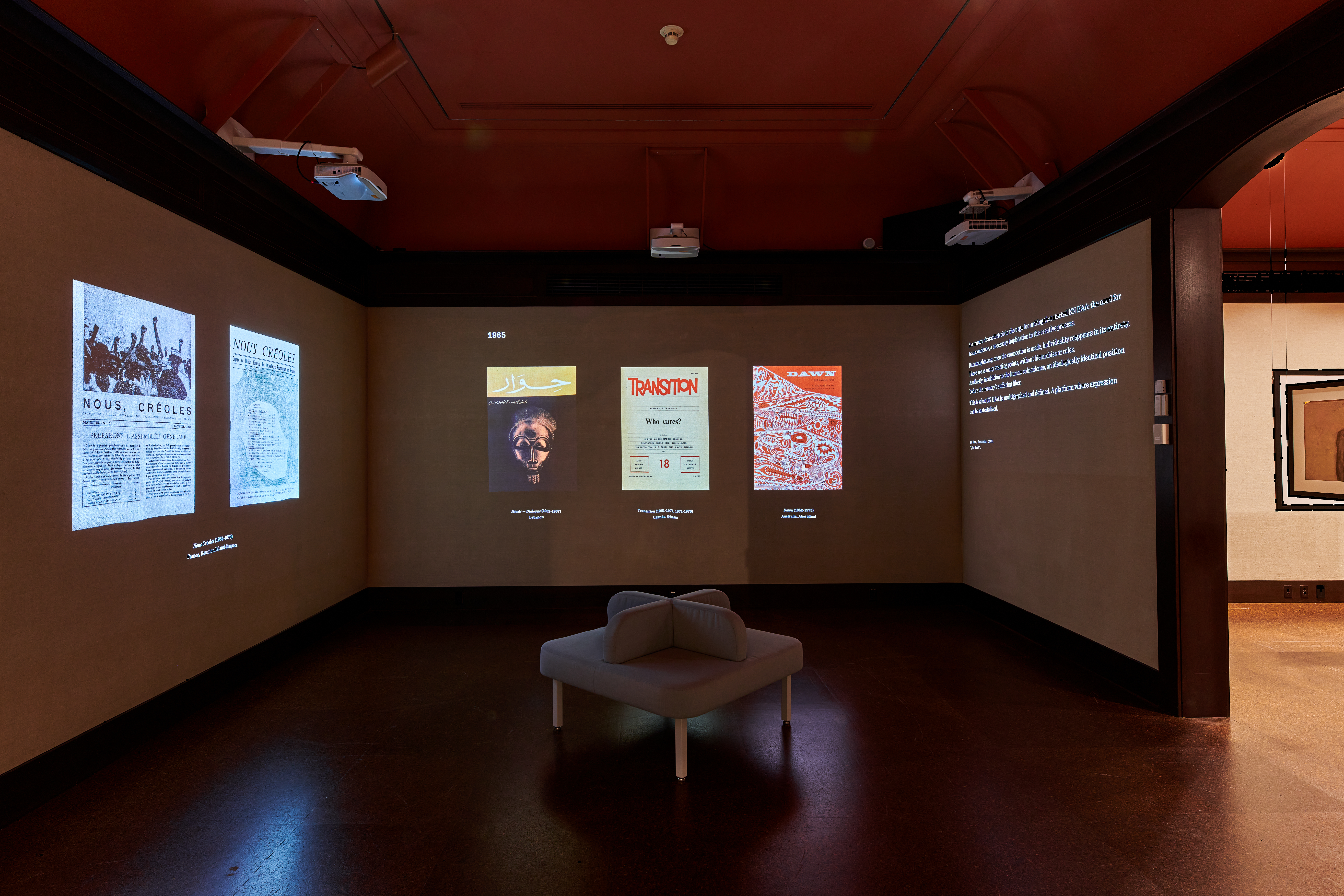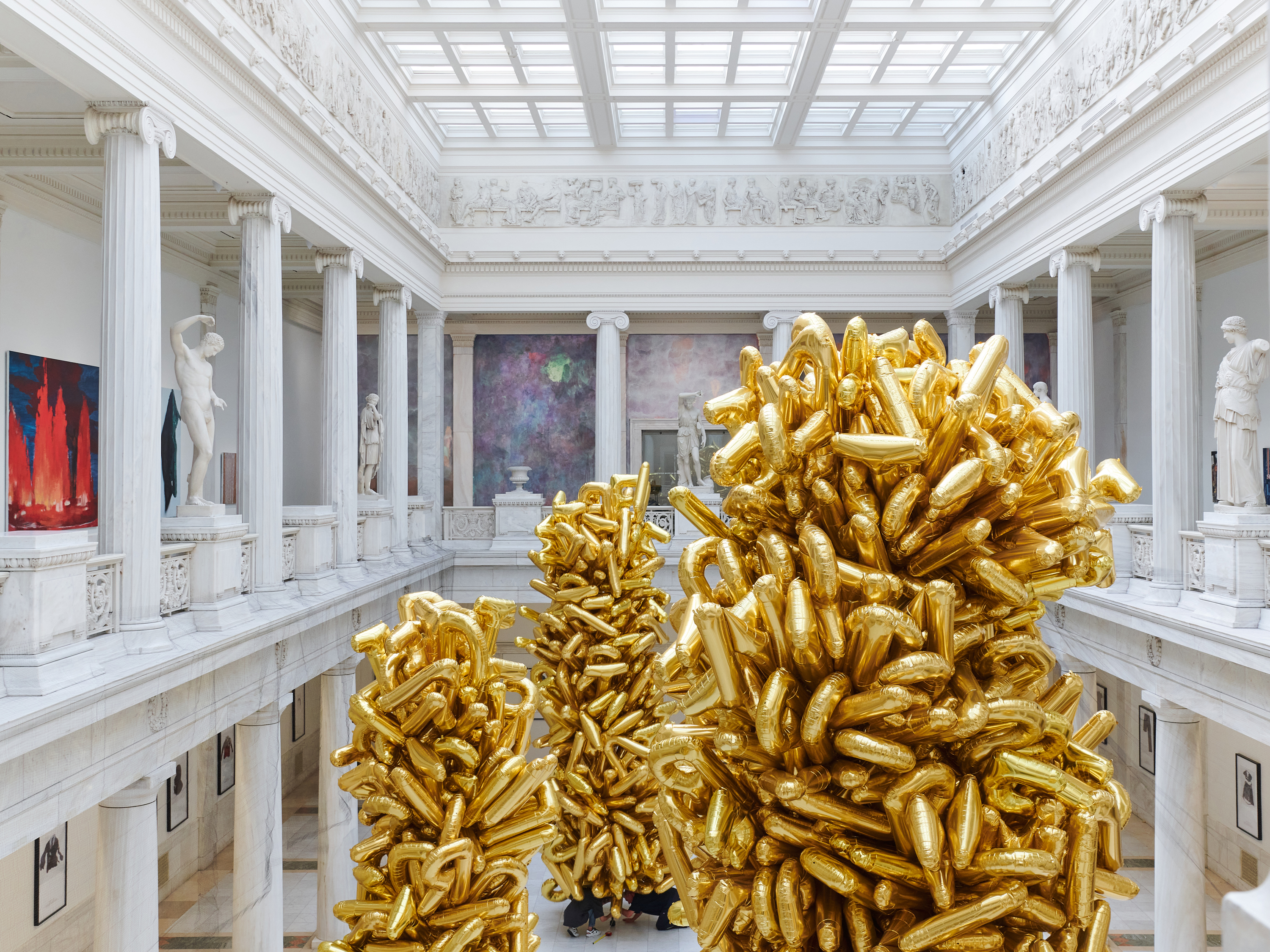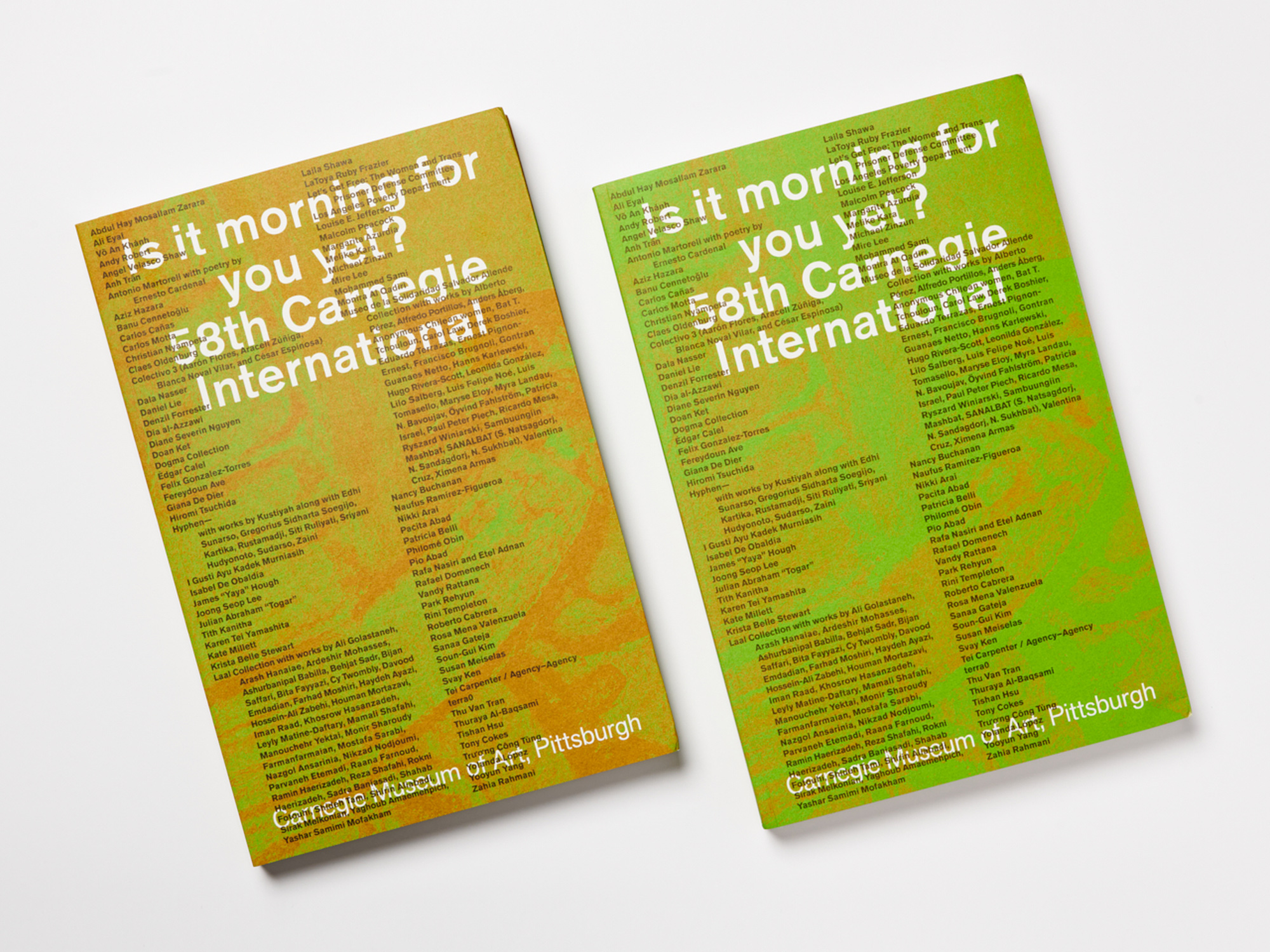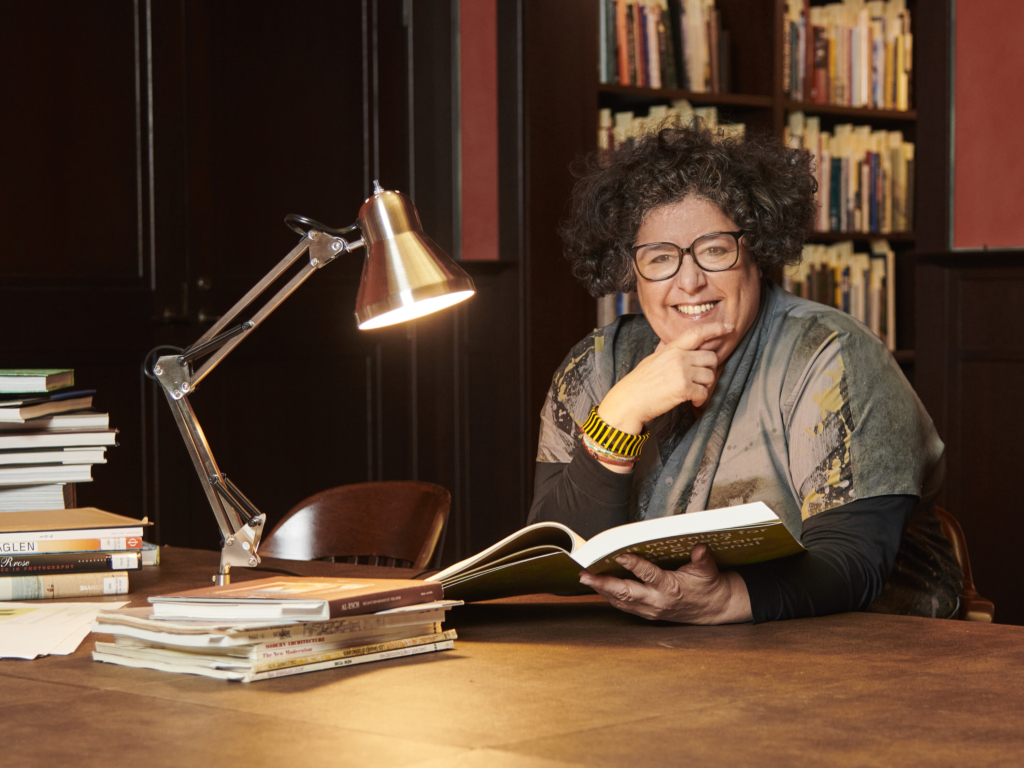Zahia Rahmani (b. 1962, Algeria; lives between Paris and the Oise region) is a writer, an art historian, and a curator. She works at the Institut National d’Histoire de l’Art (INHA), Paris, where she is the head of the program “Histoire de l’art mondialisée” (Globalized art history). From 1999 to 2003, she created and directed the postdiploma research program for the École Nationale Supérieure des Beaux-arts, Paris. She has worked at the Villa Arson/National School of Art, Nice, and at the Jeu de Paume, Paris. In 2012, she set up at INHA the program “Made in Algeria”, dedicated to the mapping of colonized Algeria, and she cocurated the eponymous exhibition at the Musée des Civilsations de l’Europe et de la Méditerranée, Marseille (2016). In 2015, she launched the “Observatory: Global Art Prospective” program at INHA, with a group of researchers and exhibition curators. She developed and designed the research program Seismography of Struggles: Towards a Global History of Critical and Cultural Journals, the result of a long process of collective, multilingual, and decentralized research led by the INHA. Since 2017, Seismography of Struggles has been shown at Raw Material Company, Dakar; Kulte, Rabat; Beirut Art Center; Dhaka Art Summit; Centre Pompidou, Paris; Middelheim Museum, Antwerp; and Museum of Contemporary Art, Barcelona, among many other places. A regular lecturer in France and abroad, Rahmani is the author of several books, including France,Story of a Childhood (2016), Made in Algeria, généalogie d’un territoire (2016), and “Muslim”: A Novel (2019), which received the Albertine Book Prize in 2020.



